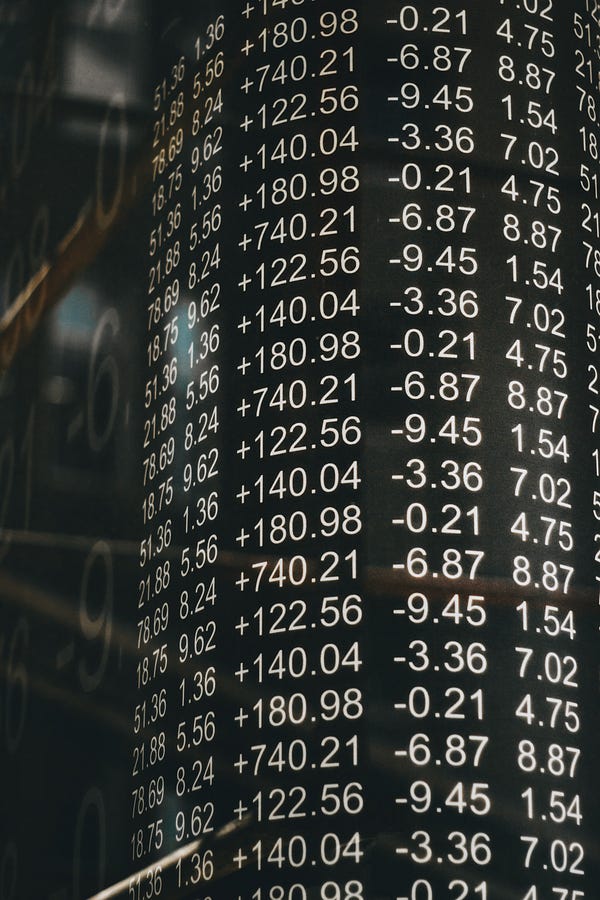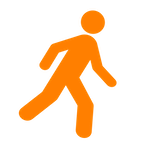The desire for information is not a desire for knowledge
COVID-19’s come along somewhat gracefully (at least from this side of the globe). If you were reclining in your La-z-boy, you’d have seen it on the horizon, coming slowly. It kept coming. And now it’s here, yet it’s not.
COVID-19’s not here in the sense that no one on my street has died from it. No one I know has died from it. It still seems distant. I read about it as a set of figures and that is comforting as a kind of knowledge — more just information, though.
Such information can be calming: “The number of cases doubled today.” The virus seems to be following some expected trajectory.
But I haven’t heard anyone coughing uncontrollably. While staggering down the street.

COVID-19’s here, because several people in my office just got laid off. My boss cut my hourly rate. At the drugstore I have to wait in line outside before I can come in. My son isn’t going to school.
The big problem is that I want more numbers. I sit and do calculations to figure out mortality rate: “Oh, 7% in Italy. Shit.” I want more numbers, and I want the numbers to correspond to what I’m being told. I’m being told that the disease is more deadly than the flu. The people who are saying that I respect more than I do the people who are not saying that. The former have backgrounds in infectious diseases and public health; the latter are people paid to keep an audience wanting more.
When I see the number of cases in China starting to decline, I start to worry that the paid prognosticators, not the experts, might be right.
But information by itself, out of context, is not knowledge. In fact, information, by itself, is ignorance. Knowledge is the result of creating an elaborate account of how things are by seeing them in relation to the whole (Hegel!). But information is sexier, because it’s easily consumed and provides a certain illicit pleasure (“7%! Wow!”).
Yet I dream of the piece of information that will set everything right. When the prognosticators will be forced to say, I was wrong. I’m sorry. But the truth is that they will have other information that will make them say, I foresaw this from the beginning. Or, it was still not as bad as the Spanish flu. Or, the death rate was in fact less than 3%. Or, the Obama administration would probably not have handled this any better.

The point being that the desire for the information is not a desire for knowledge. Knowledge has nothing to do with numbers. If a person says numbers never lie, the only response is that numbers can neither lie nor tell the truth.
At best numbers are vectors, routes. People standing by the roadside pointing the way.



